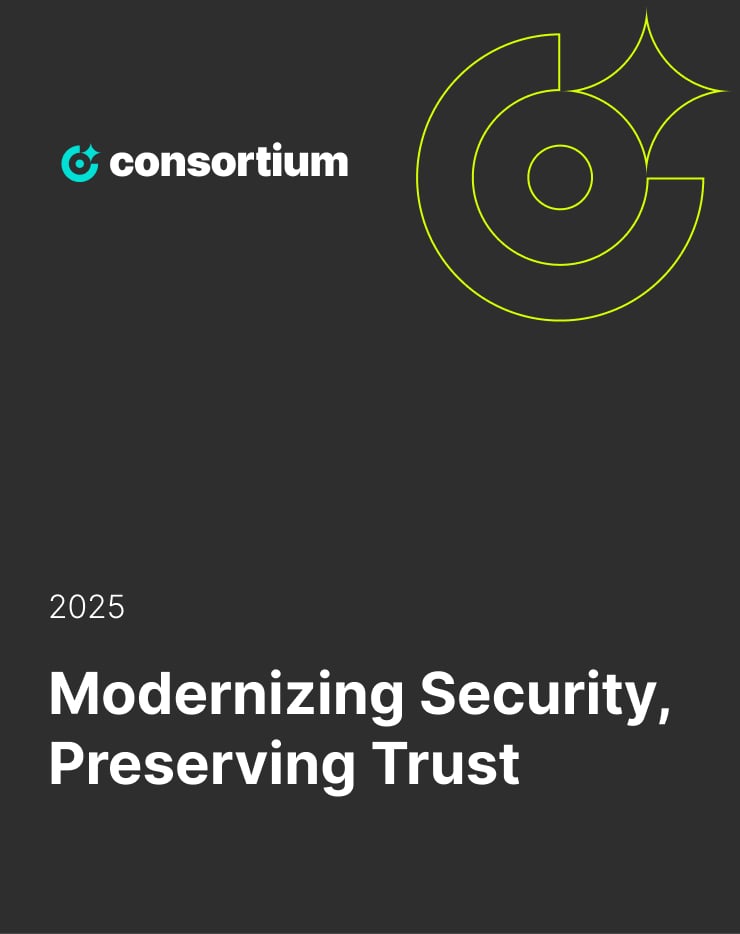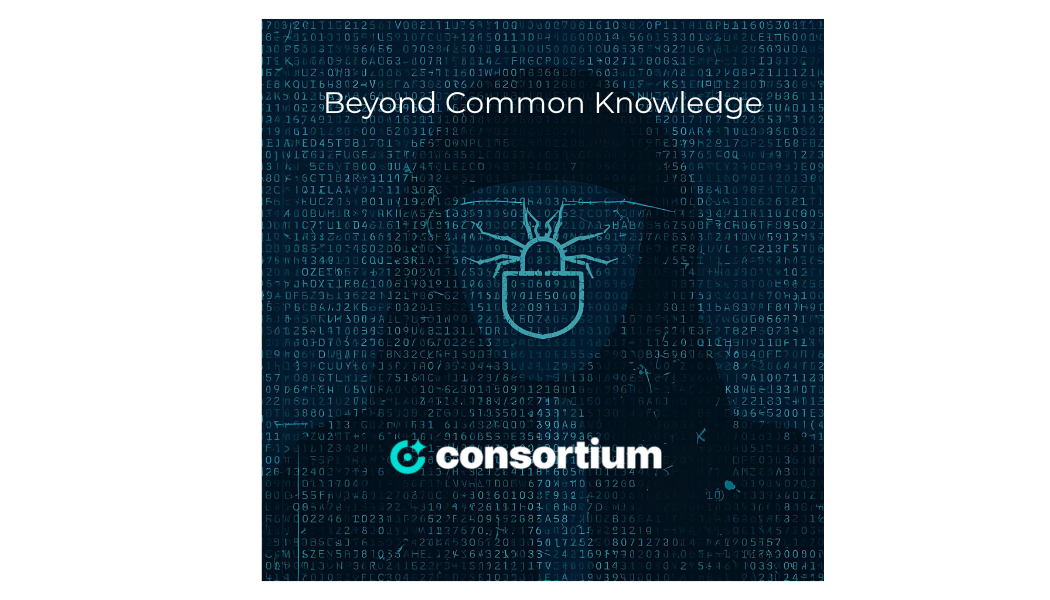The Hidden Danger Behind a "Wrong Number" Text
Have you ever gotten a text from an unknown number asking if you’d like to grab coffee, reconnect, or maybe even step outside for a smoke? It might seem harmless — even a little funny — but that message could be the start of something far more sinister. These casual “wrong number” texts are the first move in a sophisticated social-engineering scheme known as a pig-butchering scam. The term originated in China, where shā zhū pán (杀猪盘) literally means “to fatten the pig before slaughter.” It’s a chilling metaphor for how scammers operate: they build trust over time, convincing their targets that they’re forming a genuine relationship — a friendship, romance, or business connection — before coaxing them into fake investment opportunities. Once the victim is “fat enough,” the scammer drains every cent and disappears.
While the tactic isn’t new, the sophistication is. Advances in AI, deepfakes, and language models have made these scams more convincing than ever, allowing fraudsters to automate realistic conversations and create fake trading dashboards or social media personas at scale. Think of it as a modern blend of phishing and catfishing — except instead of pretending to be your boss or a relative, scammers pose as charming strangers. Victims are lured through social media or “wrong number” outreach, groomed through weeks or months of friendly chatter, and eventually persuaded to invest in cryptocurrency or business “opportunities.” What starts as a friendly hello can end in financial ruin.
The Rising Tide of Global Fraud
In recent years, the “fatten-then-slaughter” model behind pig-butchering scams has stormed into the American landscape with alarming intensity. According to a July 2025 report by the U.S.–China Economic and Security Review Commission (USCC), U.S. losses from China-linked fraud operations — including classic “pig-butchering” investment schemes — likely exceeded $5 billion in 2024, marking a more than 40% increase from the prior year. The escalating threat has prompted a strong federal response. In October, the U.S. Department of the Treasury’s Office of Foreign Assets Control (OFAC) and Financial Crimes Enforcement Network (FinCEN), in coordination with the United Kingdom’s Foreign, Commonwealth, and Development Office (FCDO), imposed sanctions on the Prince Group Transnational Criminal Organization (Prince Group TCO) — a network of over 100 members known for orchestrating large-scale financial scams based on these very schemes. “The rapid rise of transnational fraud has cost American citizens billions of dollars, with life savings wiped out in minutes,” said Secretary of the Treasury Scott Bessent. “Treasury is taking action to protect Americans by cracking down on foreign scammers. Working in close coordination with federal law enforcement and international partners like the United Kingdom, Treasury will continue to lead efforts to safeguard Americans from predatory criminals.”
Pig-butchering scams may start by targeting individuals, but their ripple effects can reach far beyond personal bank accounts. In a corporate setting, a single compromised employee — especially one with access to sensitive financial systems or executive credentials — can become the entry point for catastrophic losses. The reputational damage alone can be staggering; imagine the fallout if a senior employee at a trusted financial firm were publicly deceived by such a scheme. As these scams grow increasingly sophisticated through AI-driven manipulation and realistic fake identities, organizations can no longer afford to see them as personal problems. A recent Investopedia article (Oct 2025) underscores just how advanced these tactics have become, describing how scammers now use AI-generated personas, deepfake images, and long-game social engineering via dating apps, social media, and messaging platforms to lure victims into fraudulent cryptocurrency “investments.”
From Awareness to Action
All of this said, what was once considered a problem far away from American soil is now firmly a domestic concern. Financial institutions, fintechs, and cyber-fraud teams across the U.S. are beginning to confront the fact that pig-butchering isn’t just knocking — it’s already inside the door. At the heart of every pig-butchering scam lies a single vulnerability: human trust. That’s why education remains the strongest first line of defense. Employees who understand how these scams work — how that “wrong number” text can evolve into a full-scale investment con — are far less likely to fall victim. Regular awareness training, clear communication protocols, and simulated social-engineering exercises can drastically reduce exposure.
Solutions That Matter
At Consortium, we help organizations identify and implement the tools that make this possible. Whether it’s company-wide phishing and social-engineering simulations through platforms like KnowBe4, or advanced behavioral detection and CrowdStrike threat hunting to uncover early indicators of compromise, we work with our clients to build a layered, human-centric defense. The reality is that scams like pig-butchering aren’t going away — they’re evolving. But with the right combination of education, technology, and proactive threat visibility, organizations can turn their employees from potential targets into active defenders. If you’re ready to strengthen your human firewall, Consortium can help you find the right mix of training and technology to stay one step ahead.
Information gathered from the following sources:
Internet Crime Complaint Center. (2022, October 3). Cryptocurrency investment schemes (Alert I-100322-PSA). FBI / IC3. https://www.ic3.gov/PSA/2022/psa221003
Newman, L. H., & Burgess, M. (2024, December 17). Stop calling online scams “pig butchering,” INTERPOL warns. WIRED. https://www.wired.com/story/interpol-pig-butchering-scams-rename/
Hayes, A. (2025, October 15). Pig butchering scams: What they are and the red flags you must spot early. Investopedia. https://www.investopedia.com/pig-butchering-scams-explained-11830383
U.S. Department of the Treasury. (n.d.). U.S. and U.K. take largest action ever targeting cybercriminal networks in Southeast Asia (Press Release SB-0278). https://home.treasury.gov/news/press-releases/sb0278
Reddan, N. (2025, July 18). China-linked scam centers are increasingly targeting Americans. The Washington Post. https://www.washingtonpost.com/national-security/2025/07/18/china-scam-pig-butchering-congress/
TRM Labs. (n.d.). Unmasking pig butchering scams: The $4 billion crypto scheme preying on vulnerable investors. https://www.trmlabs.com/resources/blog/unmasking-pig-butchering-scams-the-4-billion-crypto-scheme-preying-on-vulnerable-investors
U.S.–China Economic and Security Review Commission. (n.d.). China’s exploitation of scam centers in Southeast Asia. https://www.uscc.gov/research/chinas-exploitation-scam-centers-southeast-asia









